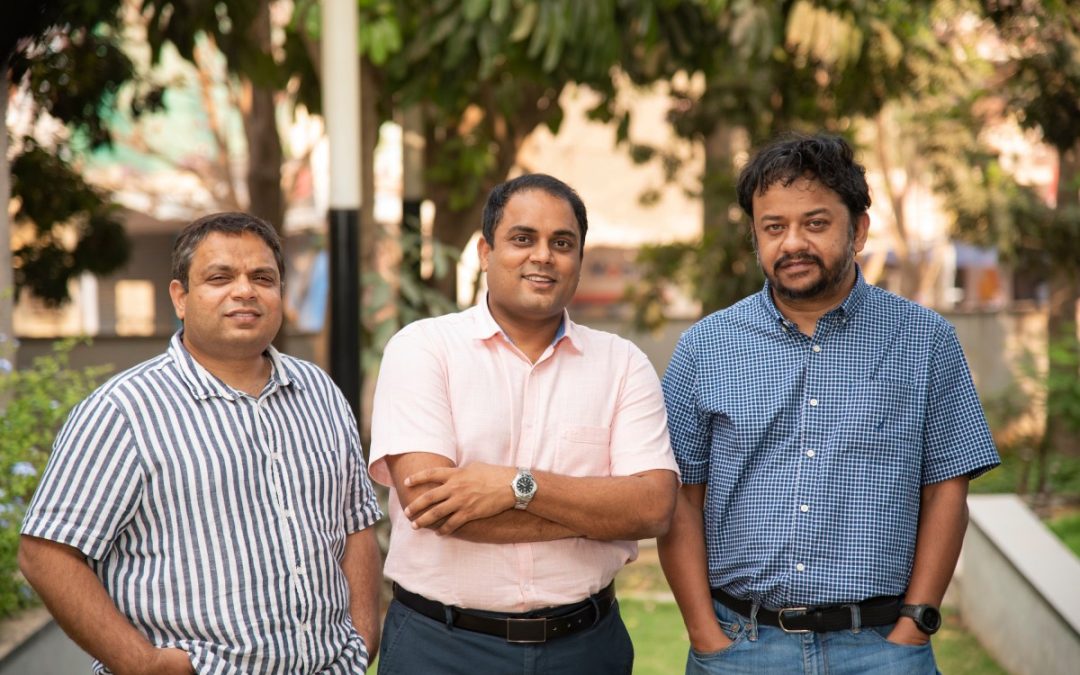UrbanPiper Chief of Growth Manav Gupta jumps on a call at 7 p.m. his time in India to accommodate a 10.5-hour time difference. “Oh this isn’t too late,” he said cheerfully to start our interview. It is evident that he has steered his company through pivots and expansion by working odd hours.
Ten years ago he and his two fellow co-founders launched UrbanPiper as a tech and loyalty tool for operators to understand consumer behavior. It’s morphed into a full-stack SaaS integrations platform with a roster of more than 35,000 restaurants. And 10 months ago it splashed into the U.S. with the acquisition of Ordermark, which was a part of Nextbite.
“I met Alex [Canter] in Singapore at the Global Restaurant Leadership Conference and we became good friends,” Gupta said of the NextBite founder. “When he told us he was looking for a new home for Ordermark, we saw it as a big opportunity to enter the U.S. market. It perfectly aligned with our global focus and our product’s fit within the restaurant industry.”
Ordermark was a natural fit for UrbanPiper as both companies offered similar tech functioning in allowing a restaurant to integrate orders from multiple platforms into one system, while analyzing data. The acquisition aligned with UrbanPiper’s core focus.

Manav Gupta, co-founder of UrbanPiper
Ordermark’s site is up and operational today just like it was pre-acquisition, only now with “by UrbanPiper” in its logo. But to think UrbanPiper purchased the software just to slap its name on it is to deny something essential about Gupta and his co-founders. These are ambitious guys. They started UrbanPiper in India, then took it to the Middle East, the U.K., expanding across 12 countries and now to the U.S. With each stop has come a better return. As part of this acquisition, UrbanPiper’s advanced technology stack is being introduced to Ordermark customers, providing enhanced stability, a superior product and customer service experience.
Over the past year Gupta, together with his co-founders, has been actively participating in major restaurant industry events such as MURTEC, the Food On Demand Conference, and the NRA Show, to name a few.
Through these events, they have been forging new connections and strengthening relationships with delivery platforms, POS partners and the restaurant community.
While Gupta doesn’t expect to dominate the 750,000-restaurant market in the U.S. overnight, he is meticulously laying the groundwork to scale new heights and success with its product.
“We’re putting in the time to learn, understand, and tweak the product. We’re also doing a lot of work on localization,” he said. “Ordermark has built a strong foundation in the SMB sector, while UrbanPiper has a proven track record of delivering enterprise-grade solutions with exceptional value for the global market. With this acquisition, we’re combining the best of both worlds. We aim to leverage our strengths in the U.S. market and our global expertise and partnerships to create solutions that serve restaurants of all sizes in a powerful yet cost-effective manner.”
While UrbanPiper is figuring out how to conquer the U.S., it’s also considering the rest of the world. When asked about possible future territories, Gupta answers quickly. “There are a few areas like Latin America and Australia where we are trying our product out. Very recently, TouchBistro announced its partnership with us to enhance its online delivery integrations. This is a significant partnership that opens up the Canadian market for us as well.”
Gupta is confident the company has unlocked a customer insight that will keep its passport in heavy use. And it’s different than the one it started with in 2015.
“The needs of the restaurant industry are evolving,” he said. “Back then, everyone was asking for data: Tell me the consumer’s name, phone number, email, and their age. What have they bought on a particular date and from which store? Then people started asking for a diagnosis. They wanted not just data, but personalized insights on how they could grow their business. But today, along with the diagnosis, people are asking for prescriptive solutions. They need specific steps on how they can reduce their cancellation rate, increase their order volumes and optimize their pricing strategy. Our goal is to provide that decision-making capability on the fly to restaurants.”
If they can do that, plenty of restaurants will continue to pay the Piper.


